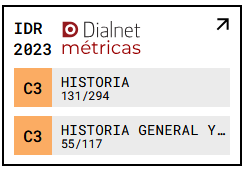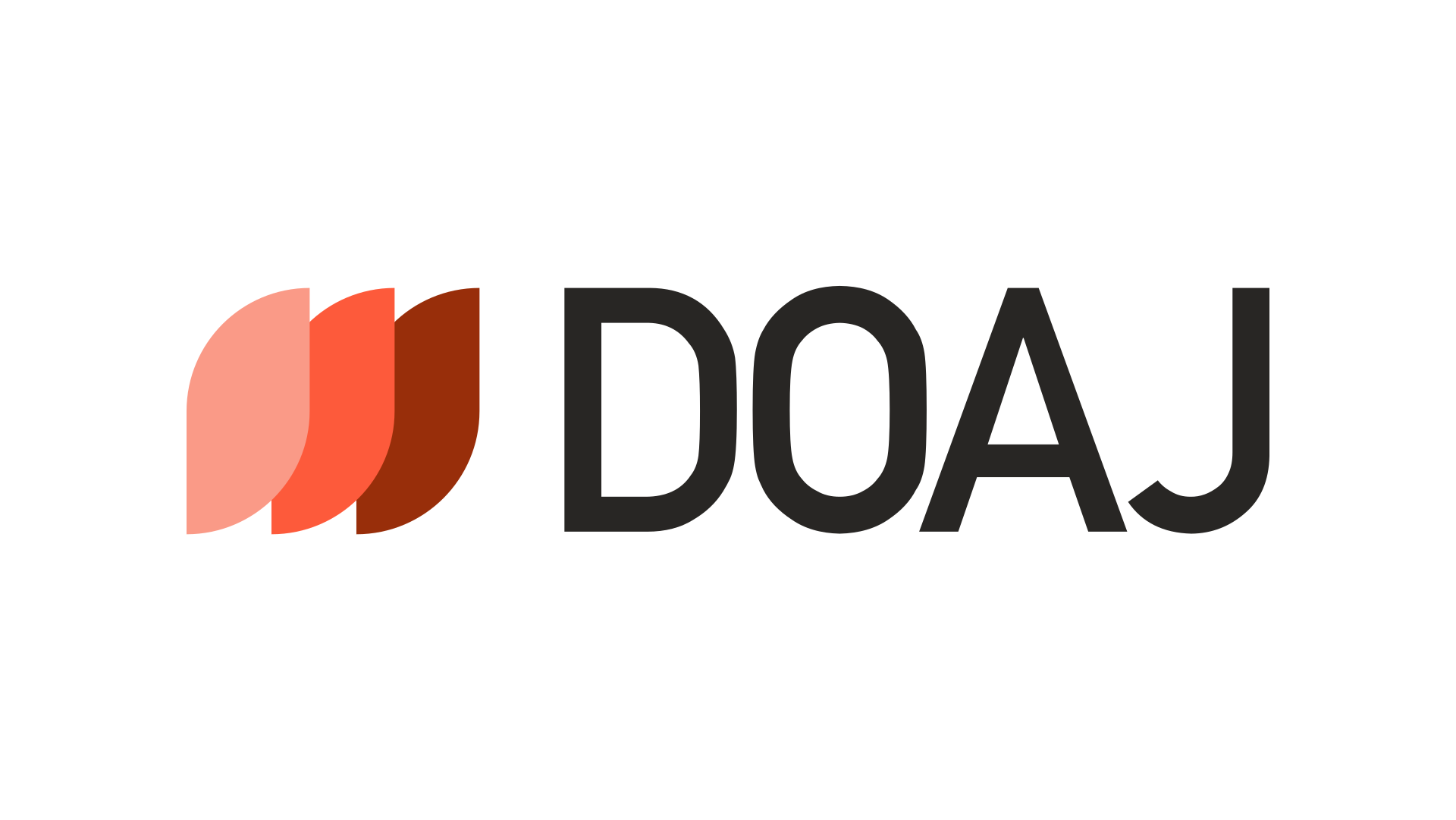About the Journal
Focus and Scope
Brocar. Cuadernos de Investigación Histórica (ISSN 1885-8309, EISSN 1885-8155) is a scientific journal, its contents deal with differents aspects related to the History and the cultural expressions, and the Philosophy as well, in the Middle Ages, Modern Ages and Contemporary History. The journal is open to all kind of external collaboration and try to have the collaboration of important figures and in a wide range of subjects.
Peer Review Process
All originals received, first will be analyse by the Editorial board to check if they follow the criteria of the Journal. Once that done, the external review process will start.
Papers will be reviewed through a double blind process by two experts in the subject, which will evaluate the originality, relevance and quality of the paper. If the reviews are dissimilar, a third review will be required.
Publication Frequency
This Journal is published yearly.
Journal items are published collectively, as part of an issue with its own Table of Contents.
History of the Journal
Founded in 1980, the journal Brocar: Cuadernos de Investigación Histórica is partly a continuation of the journal Cuadernos de Investigación. Historia (which itself continued Cuadernos de Investigación: Geografía e Historia), launched in 1975 at the Colegio Universitario de La Rioja. It has thus been published uninterruptedly for over 50 years. Brocar focuses on all aspects related to History and cultural expressions, as well as Philosophy, spanning the Middle Ages, the Early Modern Period, and Contemporary Times.
Plagirism Policy
Papers submitted to Brocar. Cuadernos de Investigación Histórica will be screened for plagiarism using Turnitin plagiarism detection tool. Brocar. Cuadernos de Investigación Histórica will immediately reject papers leading to plagiarism or self-plagiarism.
Open Access Policy
This journal provides immediate open access to its content on the principle that making research freely available to the public supports a greater global exchange of knowledge.
It is recommended to deposit supplementary material, at least the research data underlying publications, in institutional or thematic open-access repositories federated in the European Open Science Cloud (EOSC).
Publisher copyright & self-archiving policies
The authors retain copyright of articles and authorize Brocar. Cuadernos de Investigación Geográfica the first publication. They are free to share and redistribute the article without obtaining permission from the publisher as long as they give appropriate credit to the editor and the journal.
Self-archiving is allowed too. In fact, it is recommendable to deposit a PDF version of the paper in academic and/or institutional repositories.
It is compulsory to include the DOI number.
This journal is licensed under a Creative Commons Attribution 4.0 International License.
Archiving Policy
For preservation purposes, all the journals published by the University of La Roja are also included in RIUR (Repositorio Institucional de la Universidad de La Rioja) and Dialnet.
Likewise, Brocar. Cuadernos de Investigación Histórica uses the LOCKSS system (Lots of Copies Keep Stuff Safe), which ensures the journal has a permanent and secure archive. The archived issues can be accessed in the LOCKSS Editorial Manifesto (https://publicaciones.unirioja.es/ojs/index.php/brocar/gateway/lockss). In this way, articles are progressively archived, guaranteeing that the stored digital information can remain available and continue to be used in the future.








